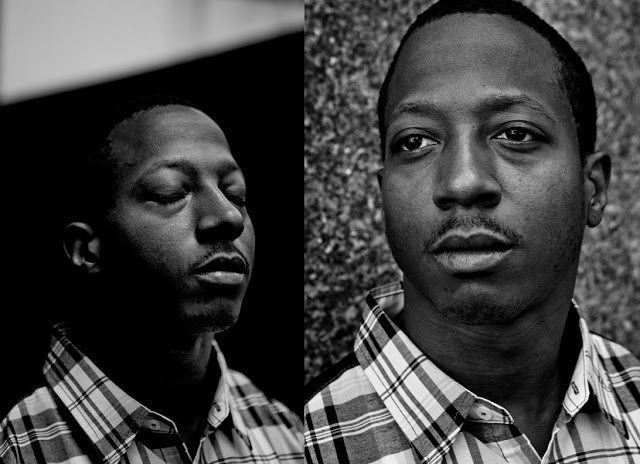Young man Kalief Browder is probably the face of the failed justice system of America and many other nations really — a position nobody wants to occupy.
Kalief Browder was just 16 when he was arrested, over allegations of robbery. It was said that he had stolen a backpack.
The police officer that arrested Browder said that a man had just reported he was robbed by Browder and his friend.
“I didn’t rob anybody,” Browder replied. “You can check my pockets.”
The officers searched him and his friend but found nothing.
The pair was taken to a station and kept in a holding cell.
Seventeen hours after the police picked Browder up, an officer and a prosecutor interrogated him, and he again maintained his innocence. The next day, he was led into a courtroom, where he learned that he had been charged with robbery, grand larceny, and assault.
The judge released his friend, permitting him to remain free while the case moved through the courts. But, because Browder was still on probation (over previous run-ins he’s had with the police), the judge ordered him to be held and set his bail at three thousand dollars.
The amount was out of reach for his family, and soon Browder found himself aboard a Department of Correction bus.
Browder recounted how he struggled to remain calm as he saw much of the city disappear, giving way to an endless stretch of dark waters. They were on the long, narrow bridge connecting to Rikers Island, New York City’s main jail complex.
Rikers Island has become notorious in recent years for a “culture of abuse” and has been subject to a number of investigations and rulings.
Without any formal conviction, Browder was locked up at Riker’s Island.
He spent three years in jail without appearing in court again.
During his time in solitary confinement, Browder recalled many horrifying events, ranging from frequents fights with fellow inmates and severe treatment from prison officials.
Daniel Selling, who served as the executive director of mental health for New York City’s jails, told the New Yorker in 2014 why he had to quit his job.
Selling confirmed the devastating effects of solitary confinements.
“It’s a way to control an environment that feels out of control—lock people in their own cells,” he said.
“Adolescents can’t handle it. Nobody could handle that!”
In 2013, Browder was finally released when the charges against him were dropped.
But the now 19-year-old was no longer himself.
Paul Prestia, Browder’s attorney, tried to describe Browder’s state.
“Every day was a struggle. He lived with a degree of sadness every day since his release,” Prestia said.
While he was in prison, Browder missed his sister’s wedding, the birth of his nephew, his own prom and graduation.
While at Rikers, Browder attempted suicide at least six times, according to a lawsuit Browder filed against New York City. The suit claims he was falsely arrested, maliciously prosecuted, and denied a speedy trial.
Browder was hospitalized for five days in November 2013 after attempting suicide again.
Browder’s story attracted the attention of many celebrities, including superstar Jay-Z who met with him personally.
The people who close to him said you could always tell something was wrong. The horrors of his unjust confinement had left a permanent mark.
On a warm Saturday afternoon in 2015, Browder’s attorney got a call from his mother.




I feel so terrible about this experience.. Life, Life Life… ?
Browder died but his death brought so many changes to America's prison sytems.
He is a true hero. #myRespect always